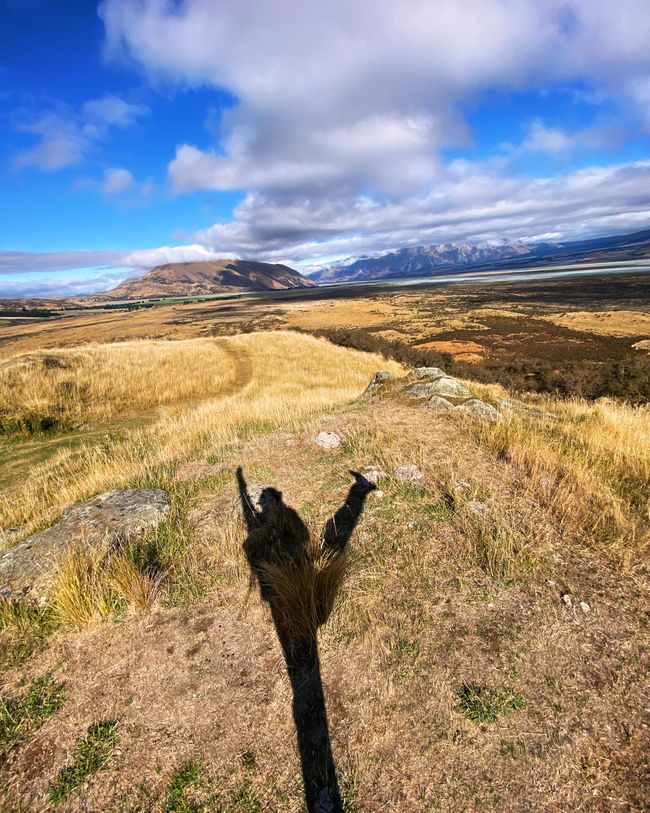Fonte Benémola - 7 Fonte High Trail von Querença
Verëffentlecht: 15.09.2023
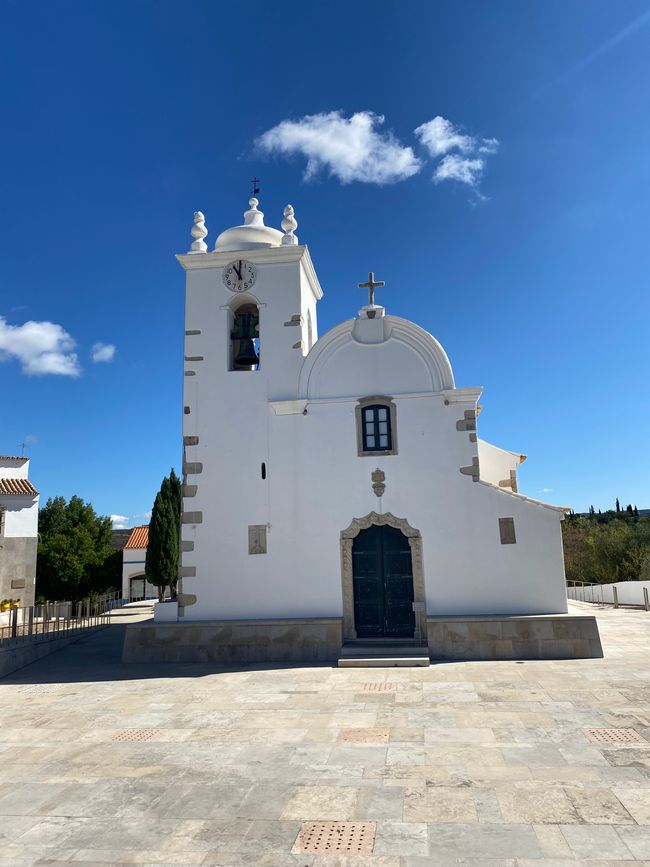
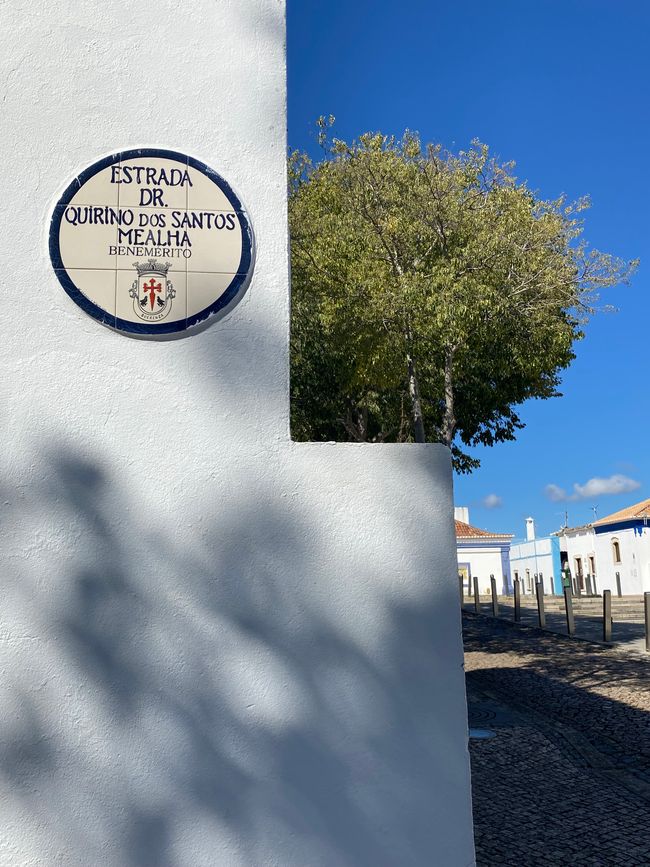
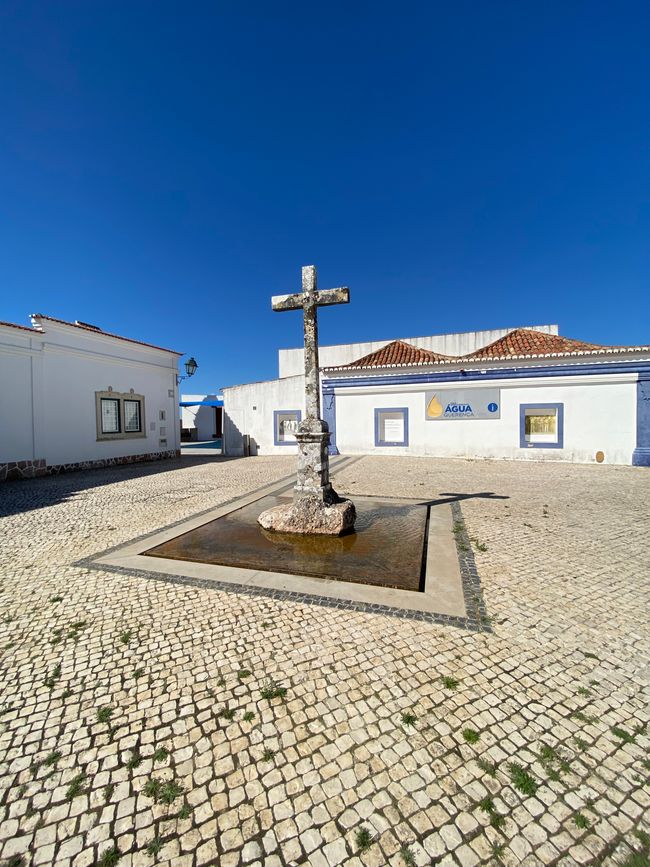
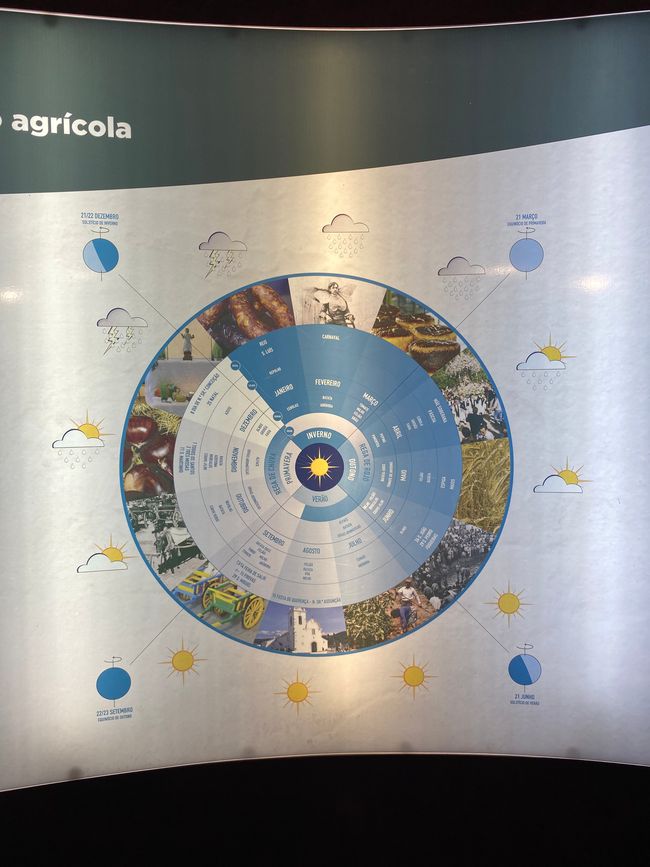
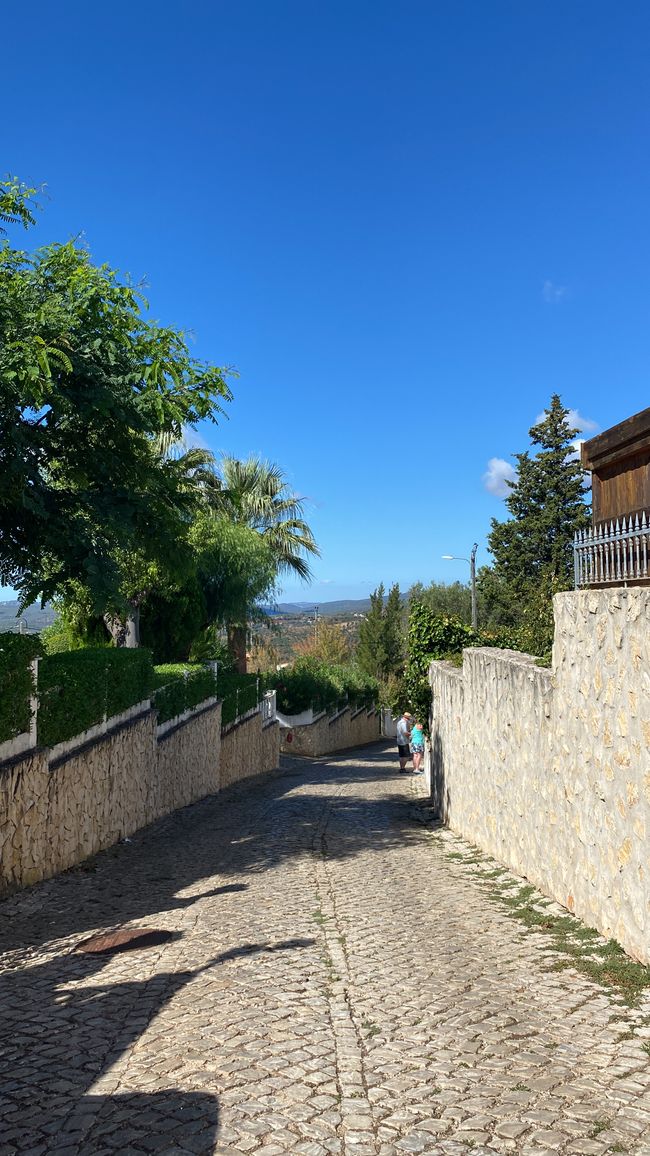
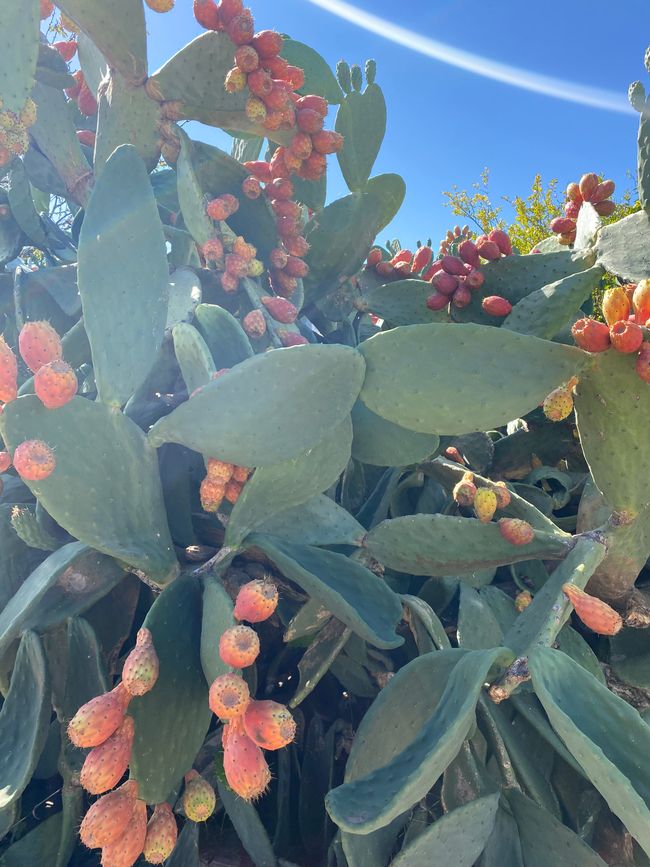
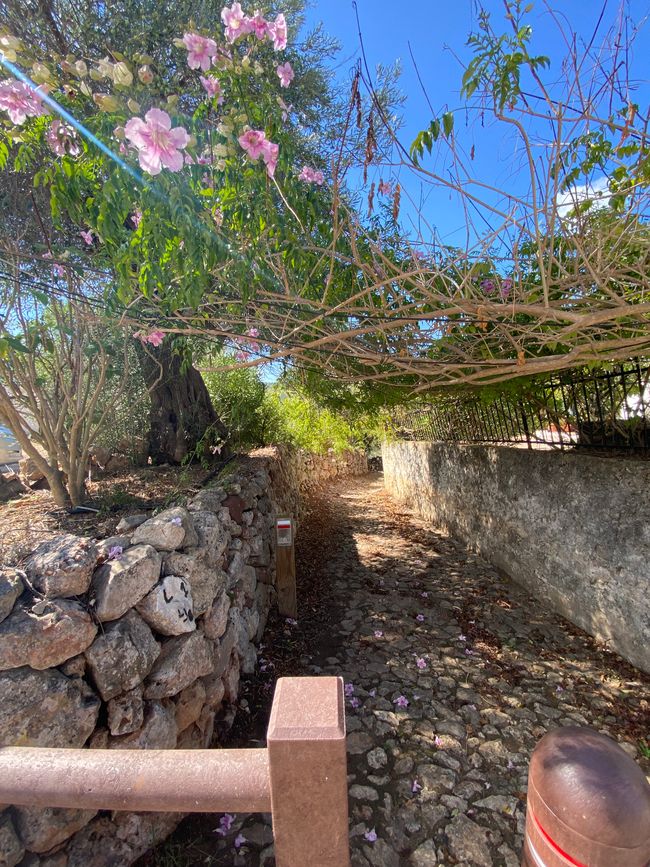
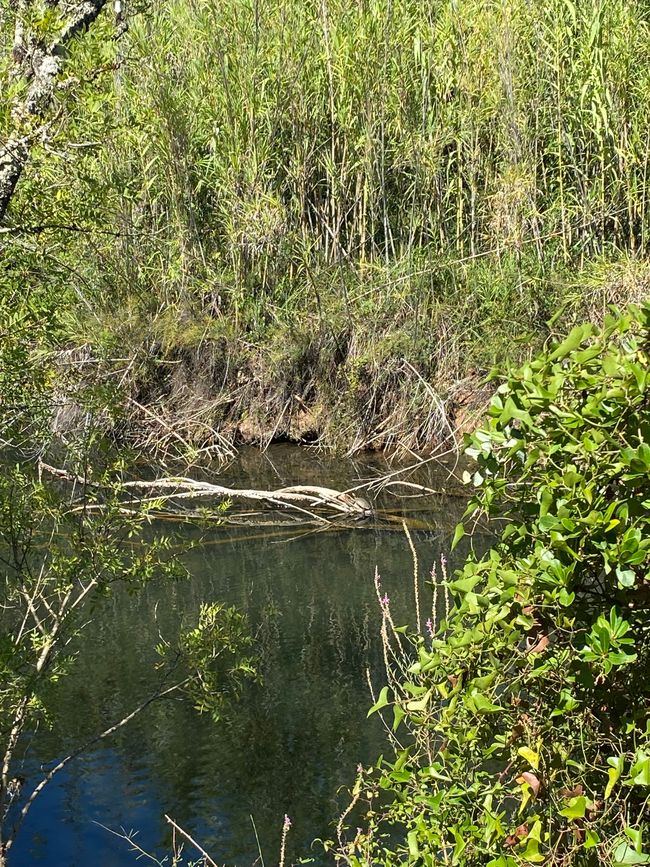
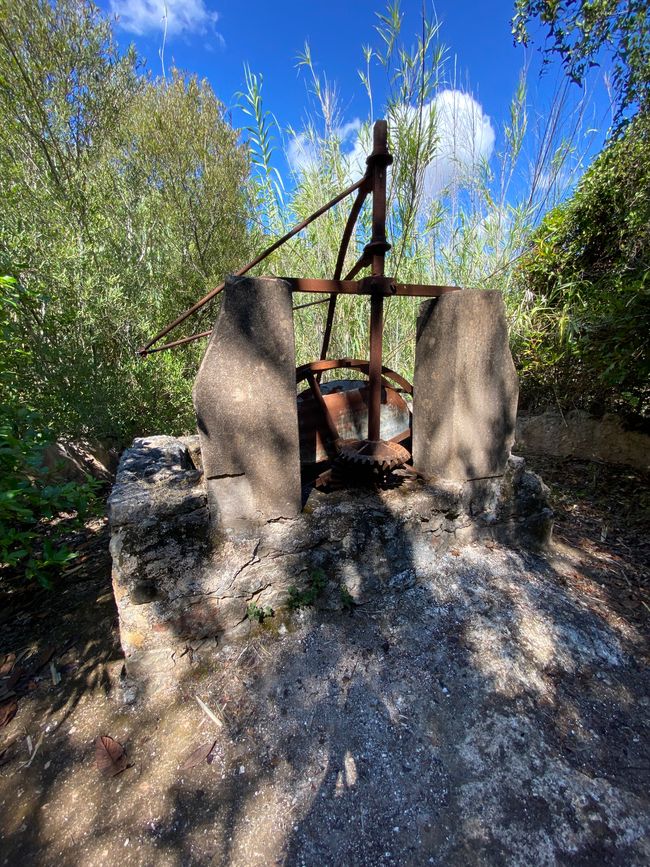
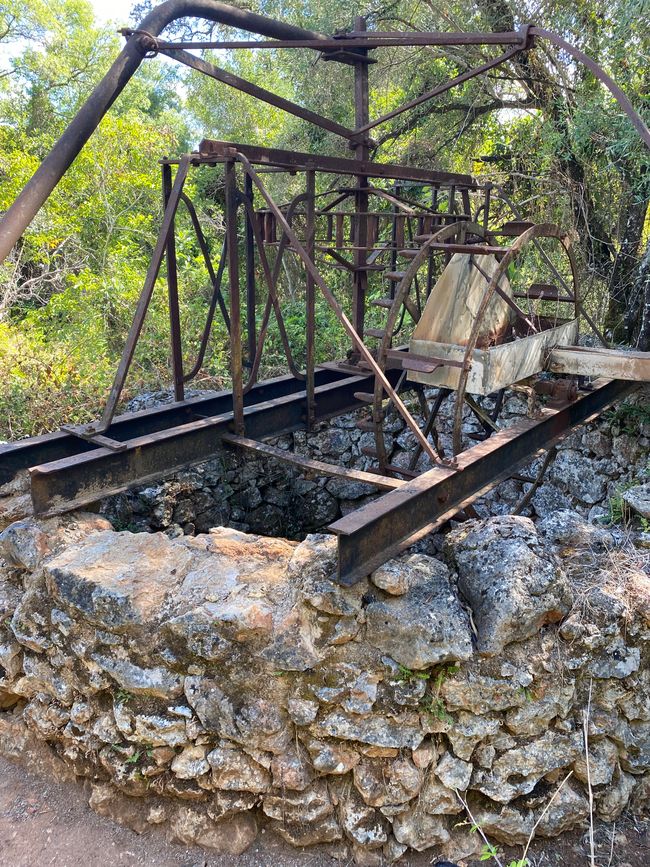
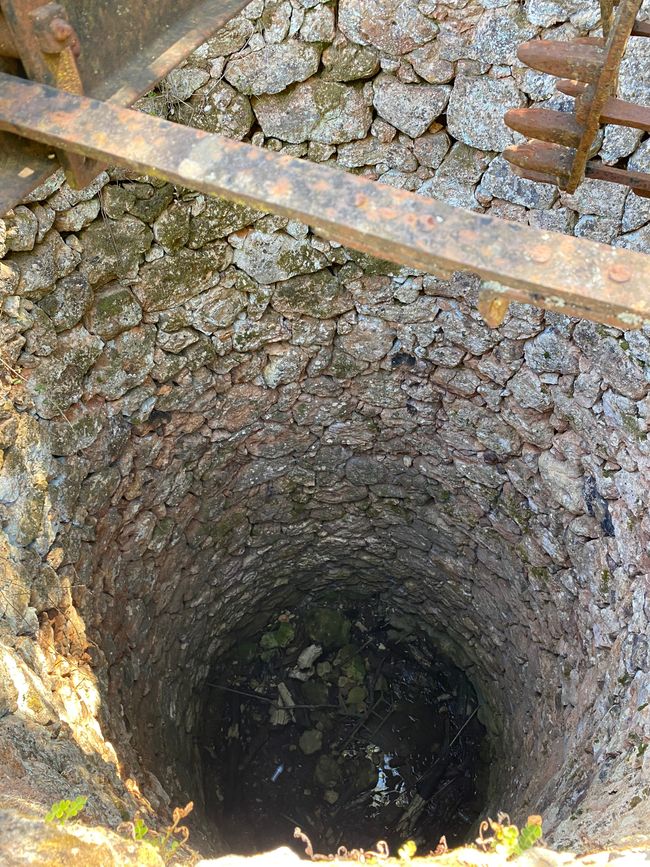
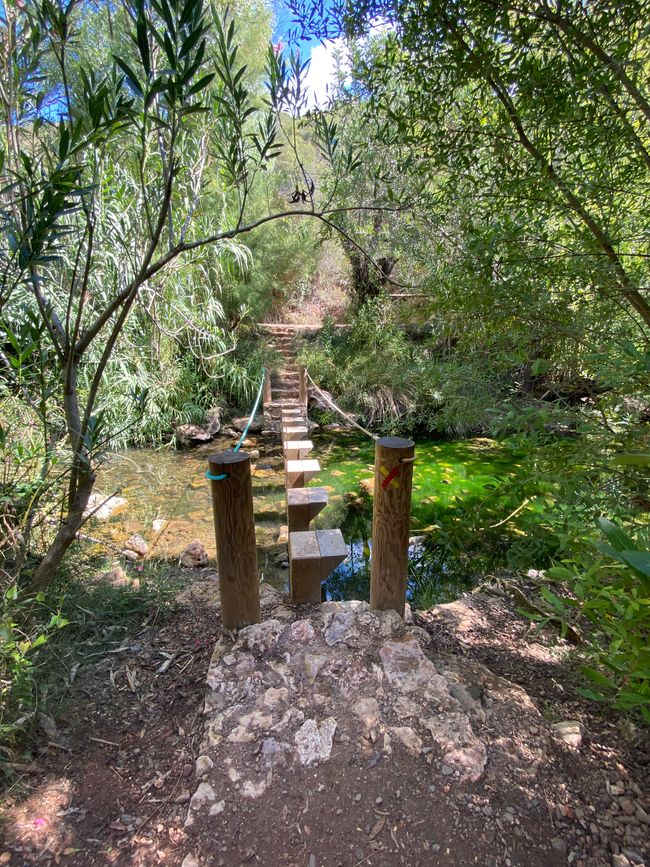
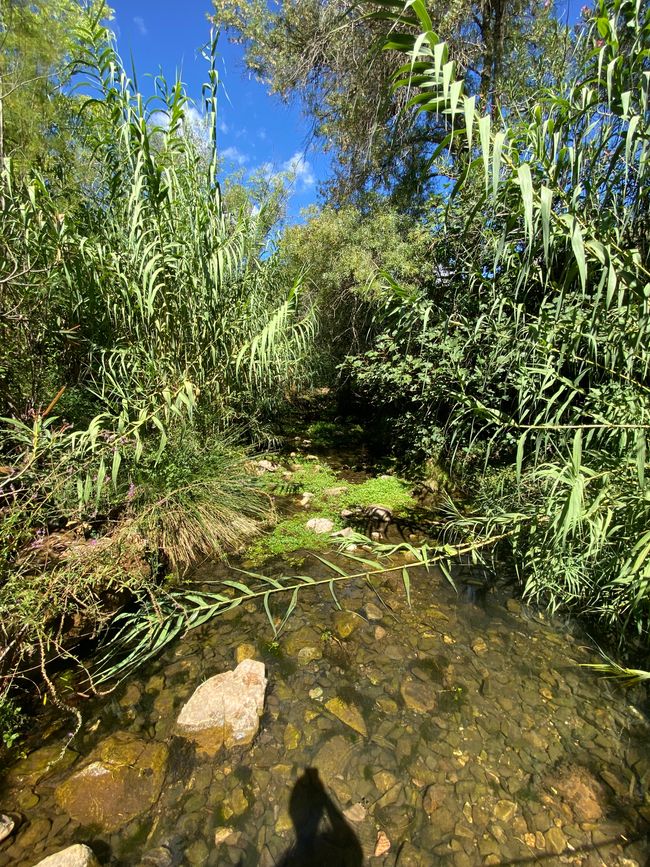
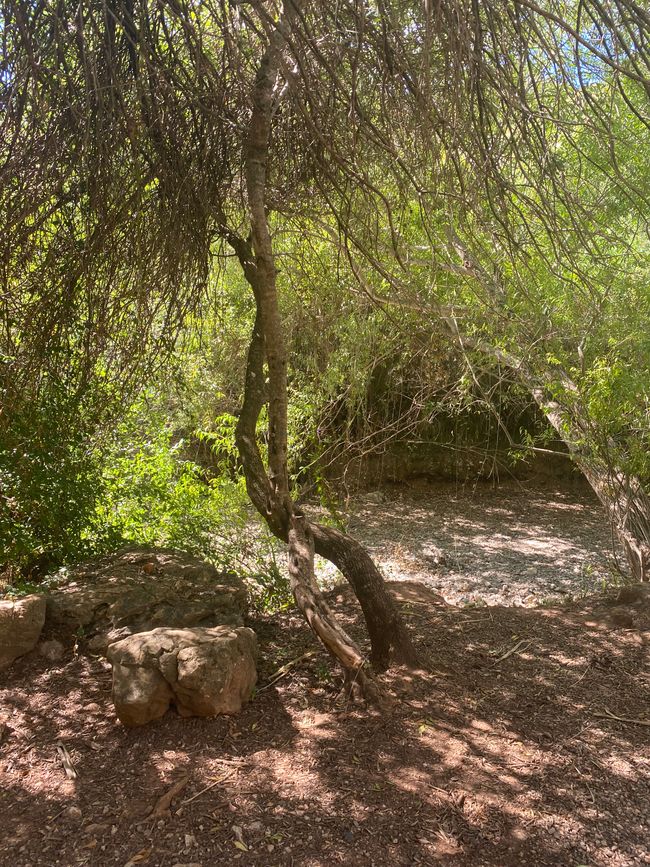
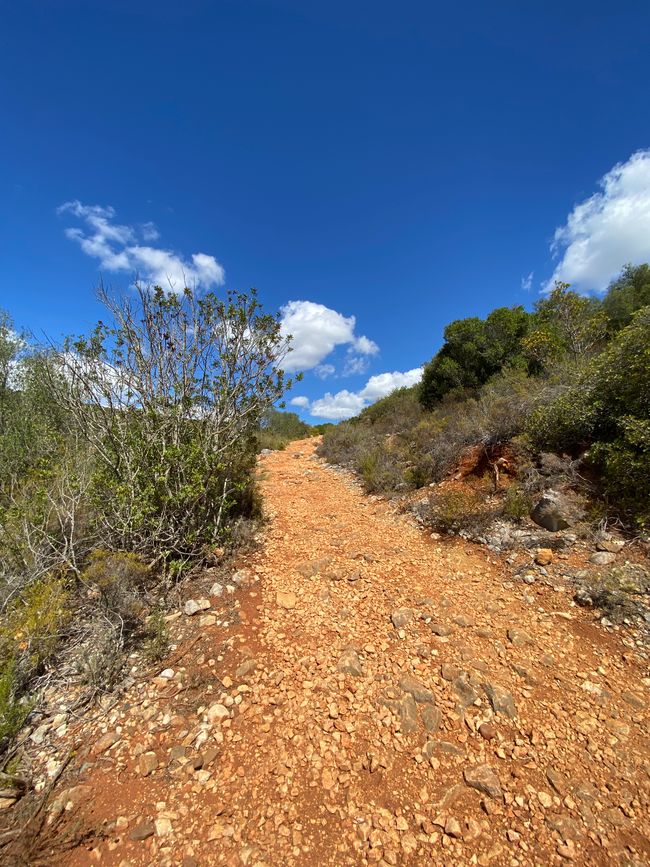
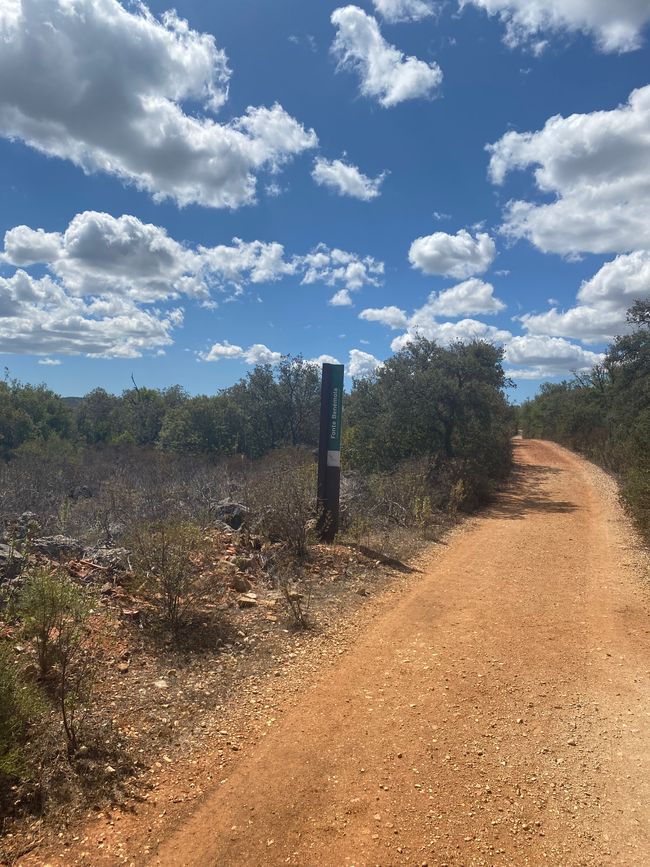
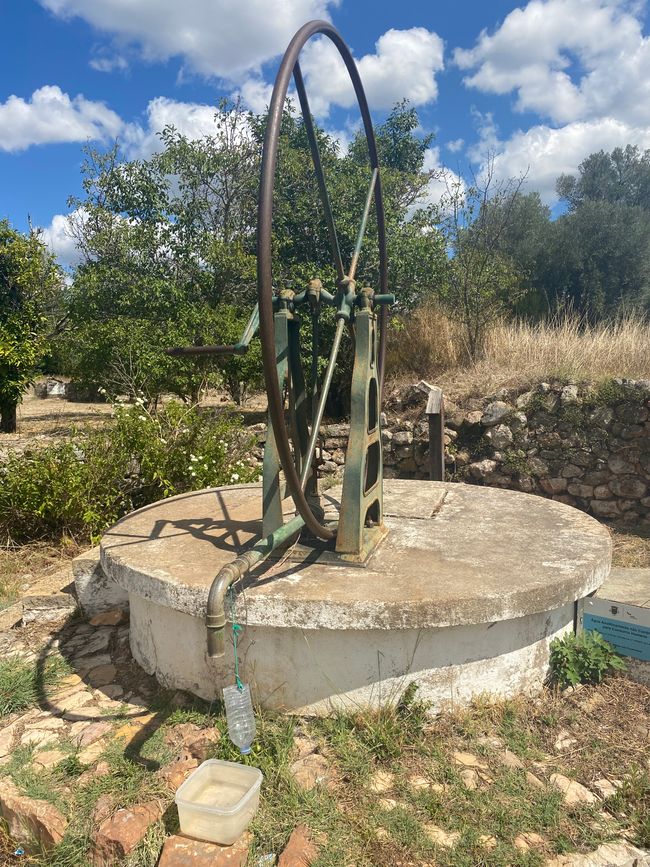
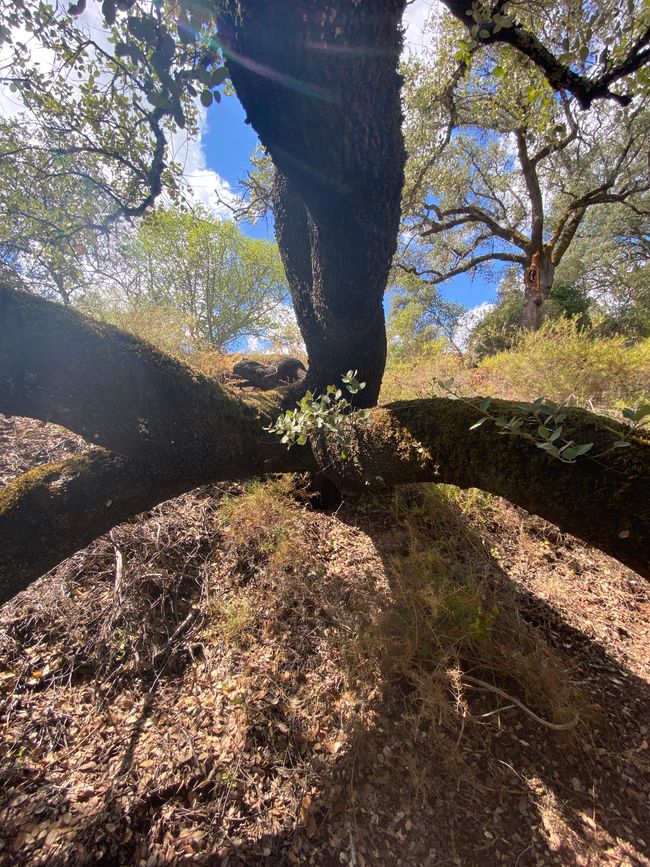
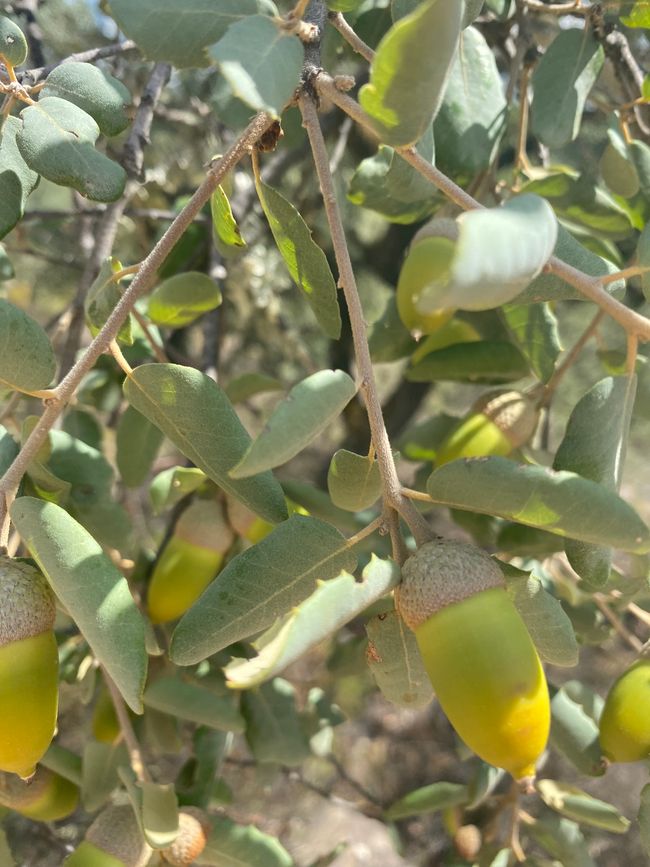
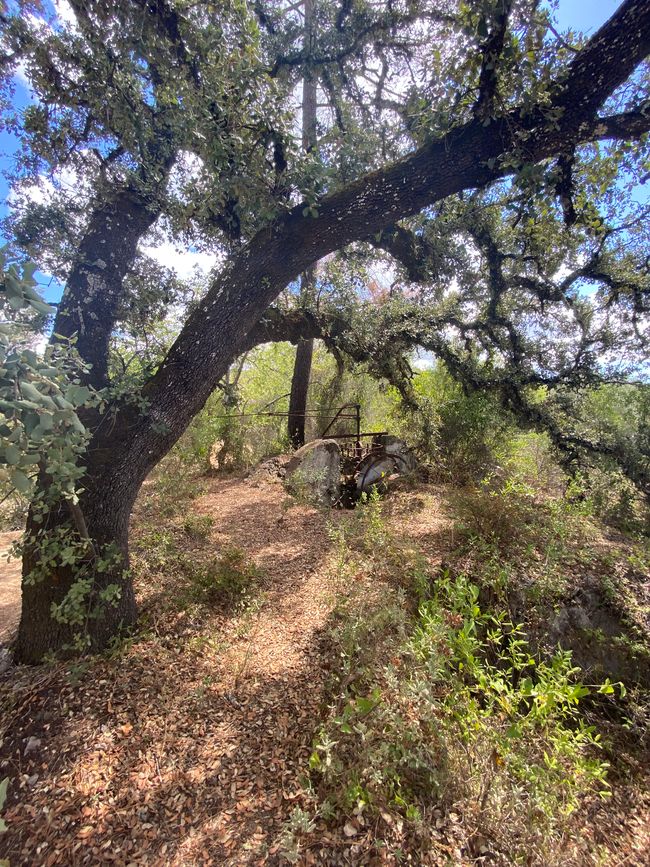
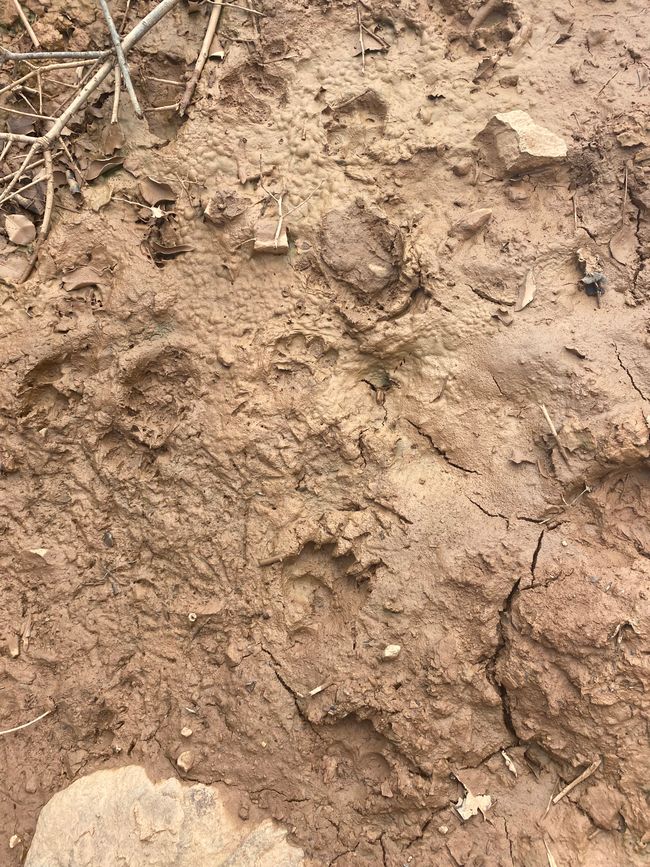
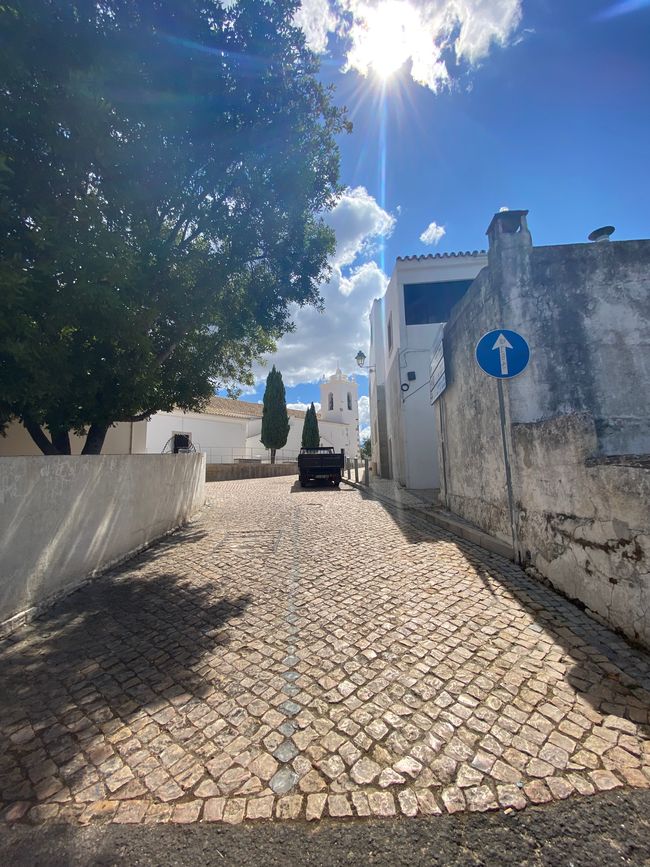
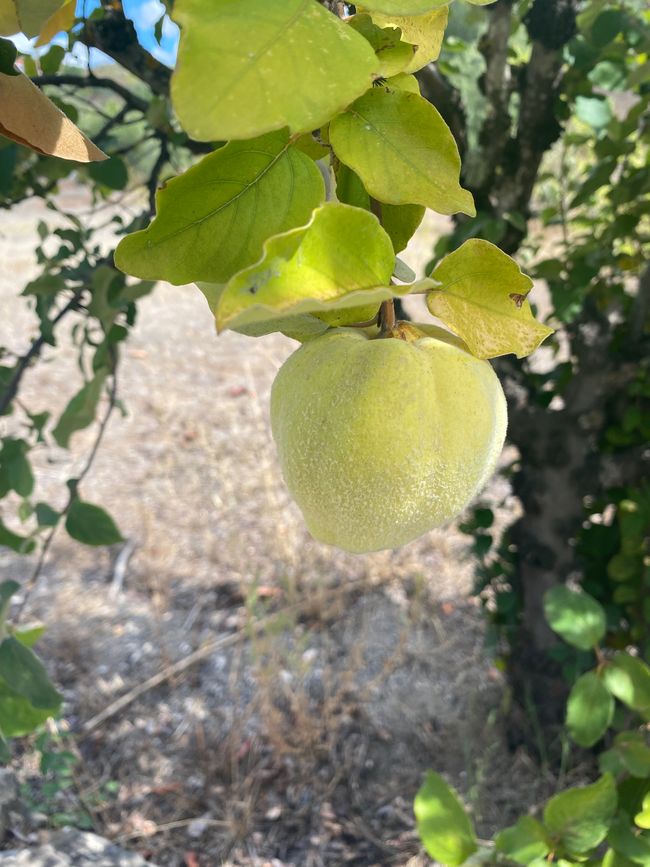
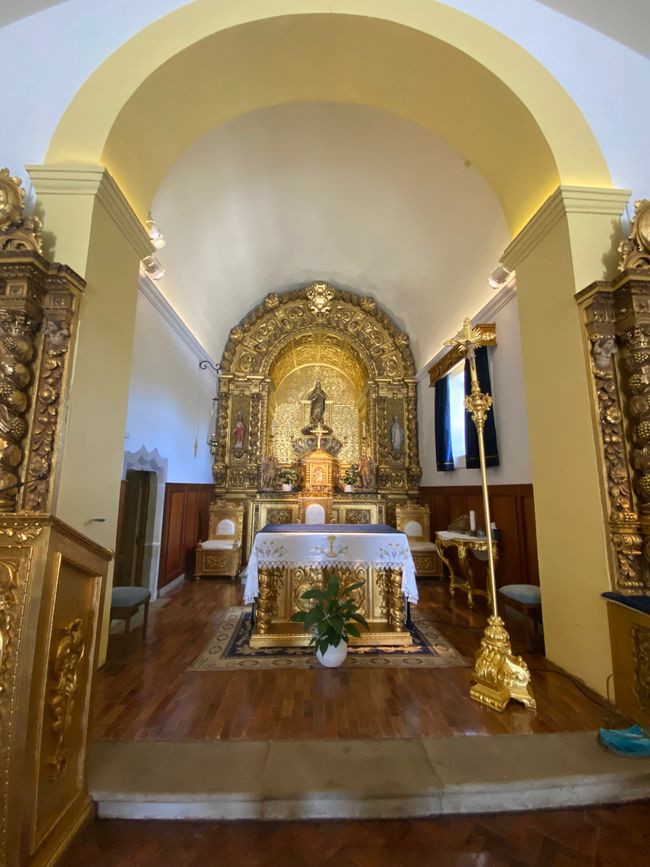
Abonnéiert Iech op Newsletter
Welcome Back!
As planned, I went on my hike through the "hinterland" in the Algarve the following day because I wanted to see to what extent life and vegetation are changing here. And I have to say it was a very nice hike where I experienced a few new things and was able to observe animals and plants in their natural environment.
I drove about 30 minutes from the campsite into the mountainous landscape and parked the car in a small parking lot. I saw the hike on Komoot and since I bought the world map for this trip for €20, I can also use it in offline mode. This is pretty handy because you can get to very cool hikes and places without several hours of research.
Overall, the tour was scheduled to last 3.5 hours and I had to cover around 13 km.

The start of the tour begins in a town with only around 1000 inhabitants.


Apart from a few people in the café there was actually nothing going on. The town of Querenca is very clean and there is a free exhibition that describes the water and its cycle in the local landscape.

Since the tour is also called the Tour of the 7 Wells, in retrospect I find it quite logical to put such a museum there.


The first fruit that I couldn't assign 100% was this one: Are these prickly pears?
I was walking with my obligatory safety stick (= one of my hiking sticks) for dogs/snakes/scorpions and yet every time I encountered a growling dog on my way, I was so upset that I went with a very good friend I called the dog and reassured myself how best to walk past wild dogs without being mauled alive. (You may have noticed that my fear of strange dogs is definitely an issue that concerns me a lot when I hike through unknown areas.)

As I continued the hike, I saw something in a pond that more than outweighed the negative encounter: a free-living turtle that was warming itself on a branch.

In addition to a turtle, I also saw some fountains - who would have expected that with that name? *irony end*





Another highlight was this transition over the part of the stream that had not dried out.

After that it became increasingly drier, steeper and therefore higher.






The path was lined with olive trees, cork oaks and pine trees. Really nice.

I also found traces. However, I have to look again to see what these could come from. There are also said to be some otters in the region.

And on the way back to the starting point I saw a second fruit that I have never seen before. It was the size of a smaller apple, green and furry. Does anyone know what that might be?

Back at the church I got a spontaneous tour of the church. The lady who looks after the museum also gives tours of the church and spontaneously asked me if I would like to see the church with two older men from Italy. Of course I said yes and so the lady showed us the church and told us something about Portuguese history, as she has studied it. So I learned that in Portugal churches usually depict Saint Mary in the front and with a royal crown, because she is perceived as more important than Jesus. This usually has a place on the right and left side of a church. This also explains why the royal family never wears a crown, but instead only presents it on the side and not on the head on ceremonial occasions. In addition, she also explained to us the background to Portugal's financial situation in connection with fascism and the 3rd Reich. The tour spontaneously lasted another hour, but it was very informative and interesting.
Since I felt very dirty after the hike and was generally very warm, I decided to visit Albufeira that day and go into the sea there.
I'll tell you about this city and what I think of it in the next post.
Until then,
Stay FRESH!
Your Britta
Abonnéiert Iech op Newsletter
Äntwert
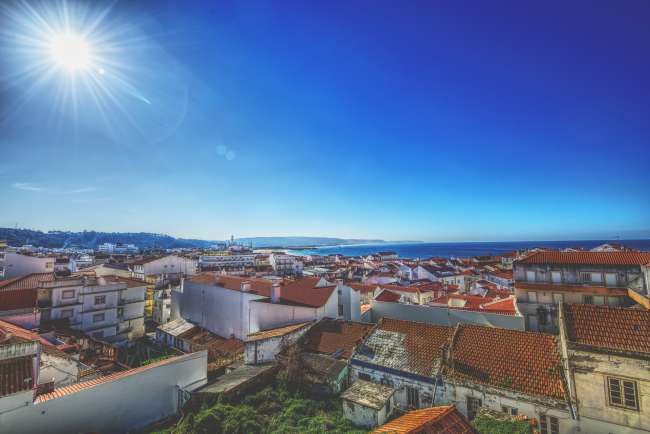
Reesberichter Portugal

